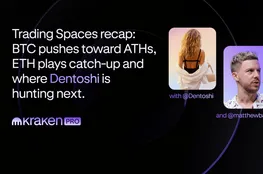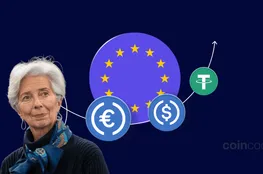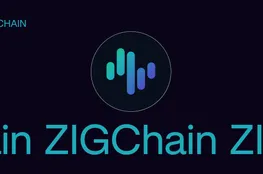Society is grappling with the effects of climate change, often focusing on costly remediation rather than taking proactive steps towards adaptation and prevention. This focus is partly due to a lack of accurate, transparent data necessary to inform effective mitigation strategies. Current monitoring systems are fraught with issues like inconsistent data collection, manipulation, fraud, and delays in reporting, thereby complicating the creation of regulatory policies and impairing resource allocation. As a collective, our ability to adapt to climate change is hindered by these deficiencies.
Blockchain technology, however, presents a promising solution to the challenges plaguing environmental monitoring systems. At Montauk Climate Corporation (MCC), a venture studio founded in 2023, we are exploring the potential of a trustless environmental data aggregation system built on cybernetics and decentralized physical infrastructure networks (DePIN). Such technology can transform how we collect and disseminate environmental data by connecting Internet of Things (IoT) networks with blockchain, thus eliminating data tampering and enhancing data control.
De-centralized systems encourage wide participation and offer a reliable structure for quickly reacting to environmental changes. The IoT network's real-time data collection capabilities paired with a blockchain foundation, streamline incentives and bring blockchain technology into practical environmental applications. Blockchain also supports multi-stakeholder truth, creating a data commons and enabling consensus with data oracles from multiple sources, thus ensuring accuracy and reducing the risk of fraudulent information.
These systems operate on a global scale, utilizing decentralized networks of IoT sensors that anyone can deploy. This model fosters a fault-tolerant, consensus-driven environment where data is verified independently, moving away from reliance on singular, often costly, institutional data sources. Public auditing is feasible, diminishing the risk of manipulation and ensuring no single entity monopolizes data flow.
By using blockchain, each piece of environmental data is stored with transparency and tamper-proof integrity. Smart contracts further validate this data, contributing to what we call a 'data commons' where validation, consensus, and integrity are paramount. This framework aims for enhanced data integrity, continuous monitoring, and global data accessibility, ultimately fostering a community around environmental data.
One practical application of this technology is in methane monitoring. Methane, although shorter-lived than CO2, possesses a significantly higher global warming potential, making accurate monitoring essential for effective mitigation strategies. The U.S. has imposed stringent methane reporting and a tax, pushing oil and gas companies towards reliable monitoring systems to both meet regulatory demands and curb lost revenue.
Beyond methane, this system can monitor air and water quality, and trace deforestation by leveraging standardized protocols and interoperability. Such capabilities promote a comprehensive understanding of environmental interconnections, facilitating the creation of holistic policies for climate action. Stakeholders receive access to unprecedented real-time environmental insights, aiding informed decision-making and accelerating the shift towards sustainability.
Despite the potential, adopting DePIN faces challenges. Historical attempts to deploy DePIN for various utilities have met mixed results, with regulatory and compliance hurdles remaining significant, especially during politically charged periods in countries like the United States. Furthermore, ensuring security and credibility in data collection, alongside crafting robust incentive structures, are imperative to prevent abuse of such systems.
An evolution towards bottom-up, DePIN-based business models promises transparency and adapts flexibly amidst climate challenges. Solutions anchored in emerging technologies and self-governing models are increasingly essential. The views expressed herein are those of the author and may not necessarily reflect those of CoinDesk or its affiliates.
























